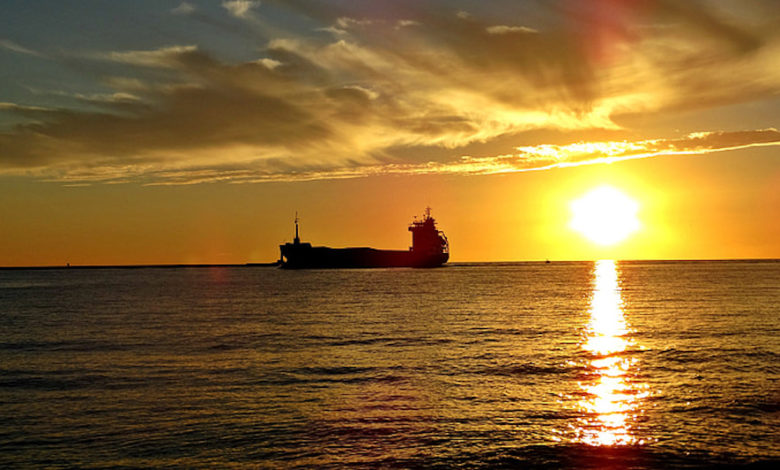Mediterranean on track to become world’s next ECA

The Mediterranean looks like it will follow the likes of the Baltic and the North Sea with the creation of a new emissions control area (ECA) after deliberations on day one at the Marine Environment Protection Committee (MEPC) at the International Maritime Organization (IMO). Ships entering the Mediterranean would be required to burn fuel with a sulphur limit of just 0.1%, compared to the international norm of 0.5%. A date for the creation of the world’s newest ECA could be revealed later this week.
Tuesday sees discussion turn to emissions, the topic that will garner the most headlines from this week’s MEPC gathering with member states due to discuss carbon levies among a host of proposals.
Kitack Lim, the IMO’s secretary-general, in his opening speech yesterday, said that it was of “utmost importance” that IMO continues to deliver “concrete” progress in transitioning international shipping from fossil fuels to low and zero-carbon alternatives.
Member states will discuss the further development of a basket of candidate mid-term measures integrating both technical and carbon pricing elements.

After Corona, decarbonisation is arguably the most important topic for the world order . This transcends all boundaries, alliances and may put our survival at stake. Every nation must apply their mind continuously to ensure best results.
Baltic and the North Sea became emissions control area (ECA) some 15 years ago reducing sulphur from 3,5% to less than 1.5%, and later reducing to current 0.1%.
By effect of the coming Mediterranean ECA ships entering the Mediterranean would be required to burn fuel only from 0,5% sulphur limit to just 0.1%.
Matter is that carbon levies, transition fossil fuels with low carbon alternatives such as LNG and methanol / ammonia, and populated use of MDO/MGO by most low size ships instead of HFO use are the real reduction.
Mediterranean must focus and boost measures in both technical and carbon pricing elements.